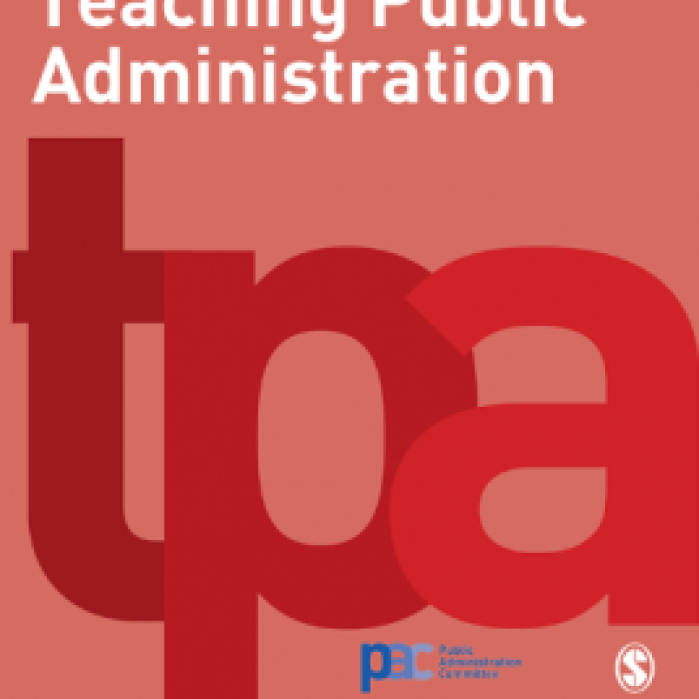Transforming plans into community impact: Strategic planning as service-learning in public and nonprofit administration graduate programs
Service-learning is highly praised as a successful pedagogical tool for students’ learning. Benefits are attributed to students, the university, and the community. However, the literature also cautions that the benefits of service-learning are largely assumed without empirical testing, warranting a closer review of this pedagogical method. The purpose of this research is to investigate how previously identified service-learning best practices affect the level of strategic impact for community partners. The study utilizes the rich and varied 20-year history of a strategic planning service-learning course at the University of Central Florida School of Public Administration to test these relationships, producing evidence to demonstrate that group team structure and the designation of a service-learning director do indeed improve partner outcomes while longer semesters and greater organizational capacity may not. Ultimately, the study endorses a programmatic approach to service-learning that transcends a particular assignment or course, requiring significant attention, investment, and evaluation to ensure positive community impact—especially in cases where broader university service-learning resources are lacking

